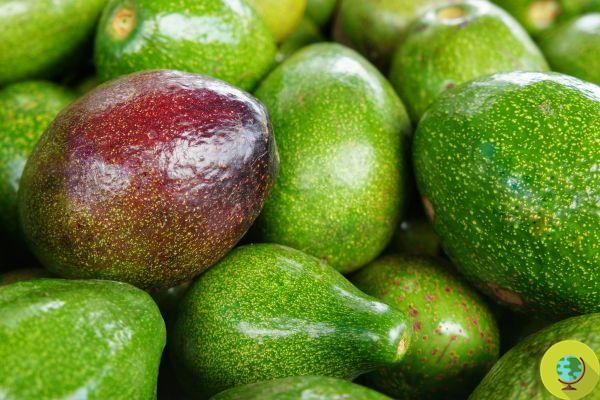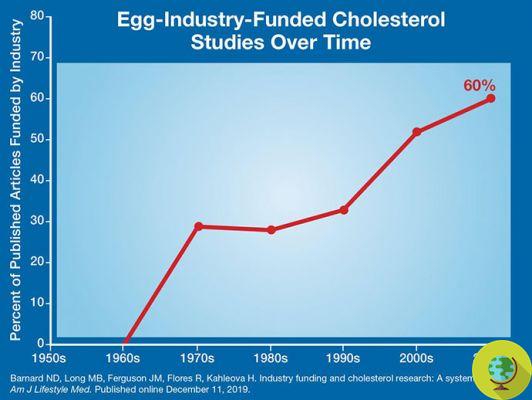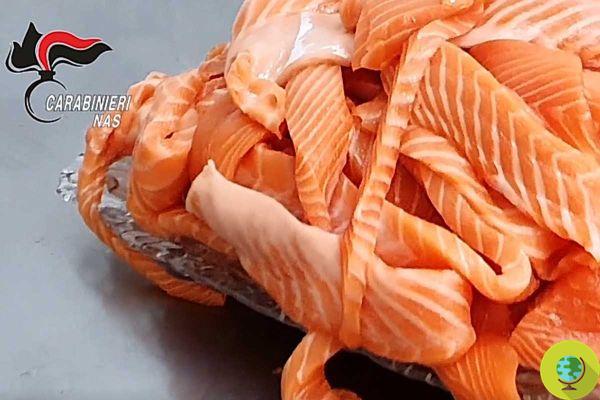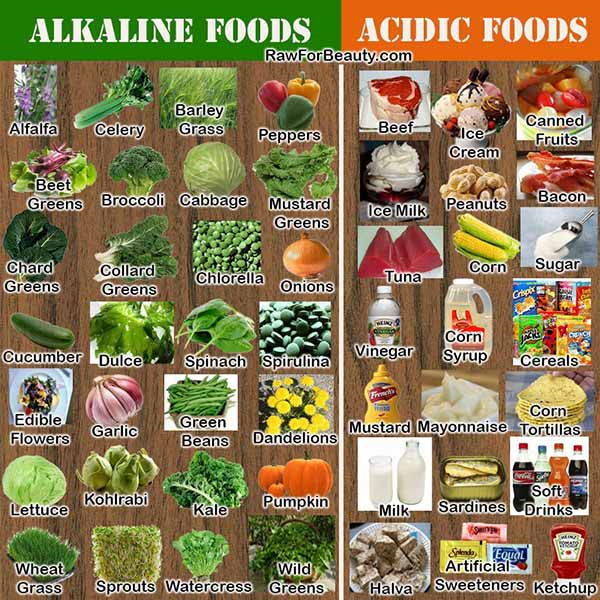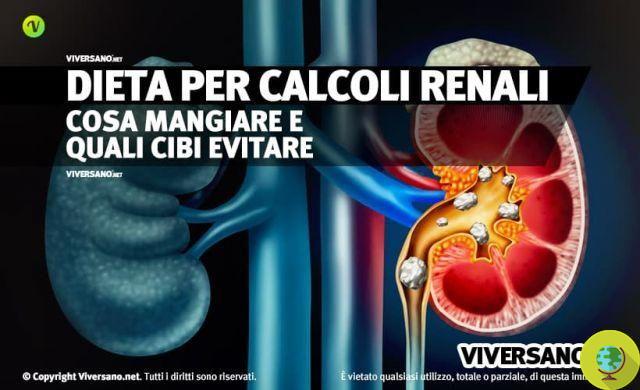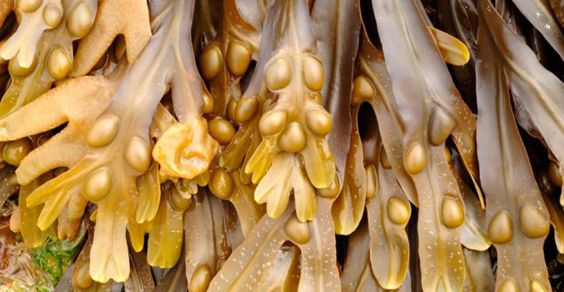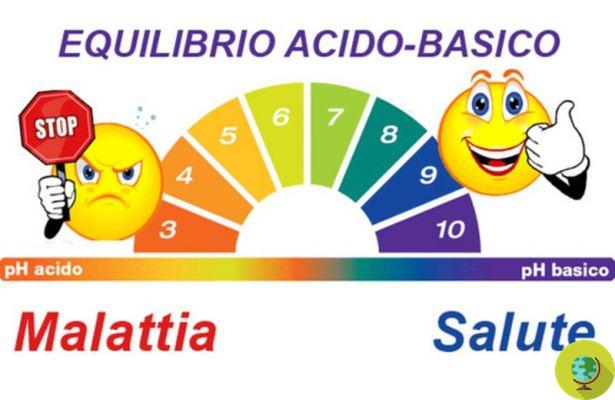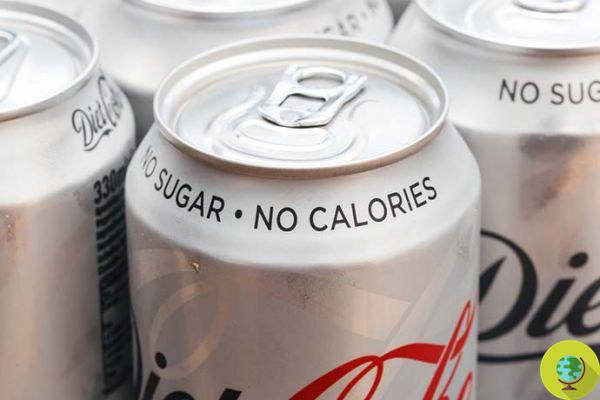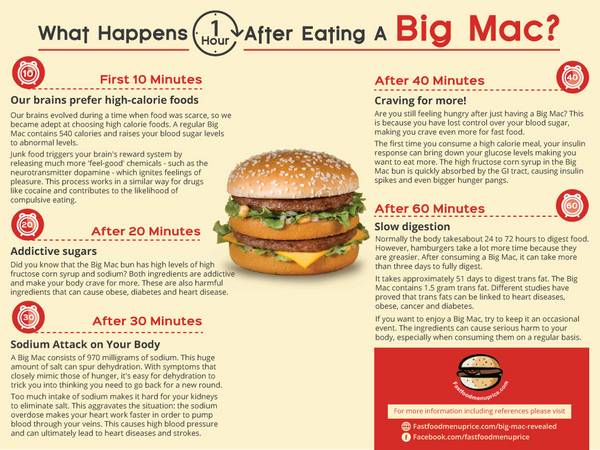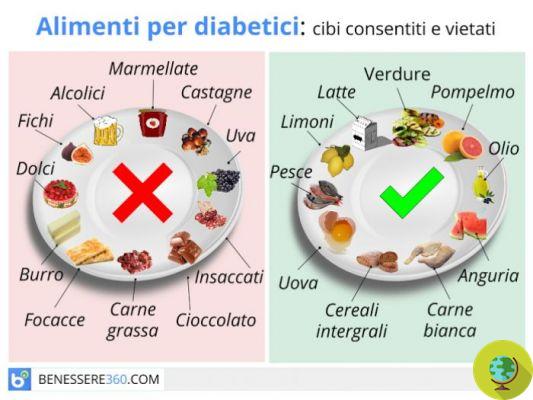The dissociated diet is a diet that promises a number of benefits: better digestion and assimilation of nutrients, weight loss as well as greater health in general. But how exactly does this diet work, what and how to eat?
Don't store avocado like this: it's dangerousLa dissociated diet is a diet that promises a number of benefits: better digestion and assimilation of nutrients, weight loss as well as greater health in general. But how exactly this diet works, what and how to eat?
The dissociated diet was devised by William Hay in the 80s and then over the following decades reworked and adapted in different versions by other experts (this is where the theory of good and bad food combinations that we have already talked about was born from here). It was especially in the 90s that it had great success and many people decided to experiment it, but still today it is a solution among the most recommended for those who want to lose weight.
Ma on what principles is the dissociated diet based and how does it work?
Index
HOW DIET DIET WORKS
La dissociated diet it is nothing more than a diet in which they are taken separately the key nutrients, that is carbohydrates, proteins and fats. This concretely means that if you eat a plate of pasta you should not immediately consume meat, fish or dairy products, also avoiding, for example, seasoning the first dish with a sauce with meat sauce or parmesan.
This would ensure various advantages for our body: for reasons related to the physiology of our body, in fact, the individual nutrients are digested more easily by the stomach and assimilated better by the intestine. Dr. Alessandro Targhetta in a previous article:
"In the stomach, proteins need an acidic environment to be digested, while carbohydrates need an alkaline environment, so they are two very different gastric environments."
A better digestion it not only translates into a prevention of gastrointestinal problems, including the widespread gastritis and colitis, but also a general well-being of the organism that in this way can maintain its health for longer.
Another advantage would be that of fpromote weight loss and improve nutrient absorption. This type of diet, among other things, recommends increasing the consumption of fruit and vegetables (foods rich in vitamins and minerals) while reducing the intake of animal proteins, associated with a greater risk of developing certain diseases.
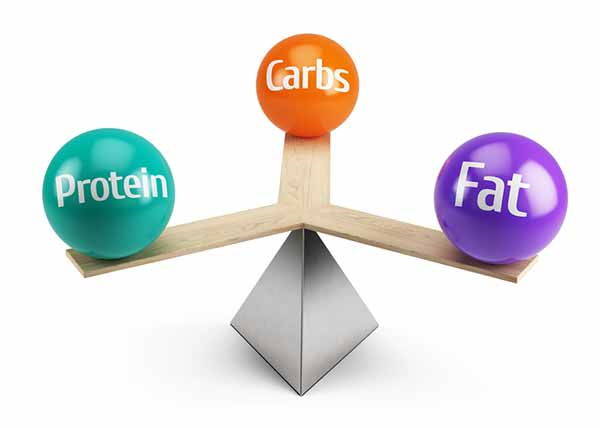
THEincreased consumption of fruit and vegetables it also serves to help detoxify the organism which, when experienced by the modern lifestyle and a bad diet, risks becoming loaded with toxins.
The dissociated diet is basically based on the following principles:
• Carbohydrates should be consumed until lunchtime
• The more filling meal of the day must be the lunch (which can be consumed at the latest by 16 pm)
• The bulk of the protein must be consumed to dinner
• Each meal must consist of only one type of nutrient always accompanied by vegetables (so no carbohydrates and proteins together)
• Different types of proteins should not be mixed with each other (so, for example, no to tuna and beans, meat and dairy products, etc.)
• Avoid the association of simple sugars and complex carbohydrates
• Avoid eating sweets or fruit after meals
• In general limit the consumption of fats, starches and proteins
Read also: SLIMMING DIET: HOW AND WHICH TO CHOOSE, SCHEMES AND ADVICE OF NUTRITIONISTS
WHAT TO EAT
The dissociated diet allows you to eat a little bit of everything though plant foods such as fruit and vegetables are favored, lean proteins e cereals without exaggerating (better if in the integral variant due to the greater presence of fibers). As for animal proteins, these should be consumed in moderation, for example, preferring chicken and turkey meat (leaner) and fish rather than red meat.
In summary, the dissociated diet suggests eating:
• Fruits and vegetables in abundance
• Wholemeal bread and pasta
• Few proteins
• Low in fat
• Few starches
But rather than dwelling on what to eat, the dissociated diet, as we have already said, focuses attention above all on when to eat e on what not to match together. There fruit for example it should be consumed several times a day but always away from meals main (with the exception of pineapple after a protein meal and apple after a carbohydrate-rich meal). The different types of proteins should not be mixed together and carbohydrates and proteins should not be taken together.

WEEKLY SCHEME
We present a weekly scheme of a dissociated diet very generic since obviously, if you want to follow this type of diet, we suggest you contact a nutritionist which will better tailor your diet to your specific needs.
FIRST DAY
Breakfast: fresh seasonal fruit, yogurt, green tea or coffee
Lunch: wholemeal pasta with tomato
Price: baked fish with vegetables
Snacks: fresh fruit or vegetables
SECOND DAY
Breakfast: fresh seasonal fruit or skim milk, green tea or coffee
Lunch: Brown rice with vegetables
Price: chicken breast with salad and tomatoes
Snacks: fresh fruit or vegetables
THIRD DAY
Breakfast: yogurt with fruit and coffee
Lunch: baked potato with mixed salad
Price: cheese of your choice with vegetables
Snacks: fresh fruit or vegetables
FOURTH DAY
Breakfast: fresh fruit smoothie
Lunch: wholemeal pasta with tomato and basil
Price: legume soup with vegetables
Snacks: fresh fruit or vegetables
FIFTH DAY
Breakfast: skim milk, coffee
Lunch: rice with porcini mushrooms
Price: seasonal vegetables and eggs
Snacks: fresh fruit or vegetables
SIXTH DAY
Breakfast: low-fat yogurt and coffee
Lunch: wholemeal pasta with vegetables
Price: fish with salad and tomatoes
Snacks: fresh fruit or vegetables
SEVENTH DAY
Breakfast: fruit milkshake
Lunch: saffron risotto
Price: grilled turkey breast with seasonal vegetables
Snacks: fresh fruit or vegetables
CONTRAINDICATIONS
The dissociated diet does not present substantially major contraindications. Probably the biggest disadvantage is to find yourself eating the same dishes a little, having the limitation of not mixing the different nutrients. A weak point is also the breakfast that, not being able to combine carbohydrates and proteins together, could become a bit poor and not very satiating. Not recommended the dissociated diet (especially do it yourself) in pregnancy, breastfeeding, for the children, During the menopause o if you have diabetes.
Read also: DISSOCATED DIET: THE ADVANTAGES OF KNOWING THE RIGHT FOOD COMBINATIONS
THE OPINION OF THE NUTRITIONIST
We asked Iolanda Frangella, nutritionist biologist, what she thinks of the dissociated diet. Here is what she told us:
“Most people looking to lose weight are on a dissociated diet: carbohydrates for lunch, no protein sources, and a protein dish for dinner. To achieve weight loss, however, you need to balance the macronutrients, carbohydrates, fats and proteins, and take them in quantities sufficient for your needs. The protein requirement in a weight loss (losing weight means losing fat mass) has increased, therefore more proteins are needed ”.
What does it mean?
"It means that dissociated diets having as a limit that of binding the protein quota to a single meal of the day, not including a small amount of protein at lunch nor at breakfast, they can only be carried out for short periods. In long-term weight loss or when you have undergone many diets and are in a condition of blockage of the metabolism, the dissociated does not workon the contrary it would cause a consistent loss of lean mass, and therefore asthenia, fatigue and little energy. With a dissociated diet you will see the kg on the scale decrease, but unfortunately they will not be of fat mass, but of lean mass. Nutrition, alas, is not an exact science, and making simple calorie calculations, reducing or excluding certain foods without criteria can cause harm rather than help. Contacting an expert makes the difference".




